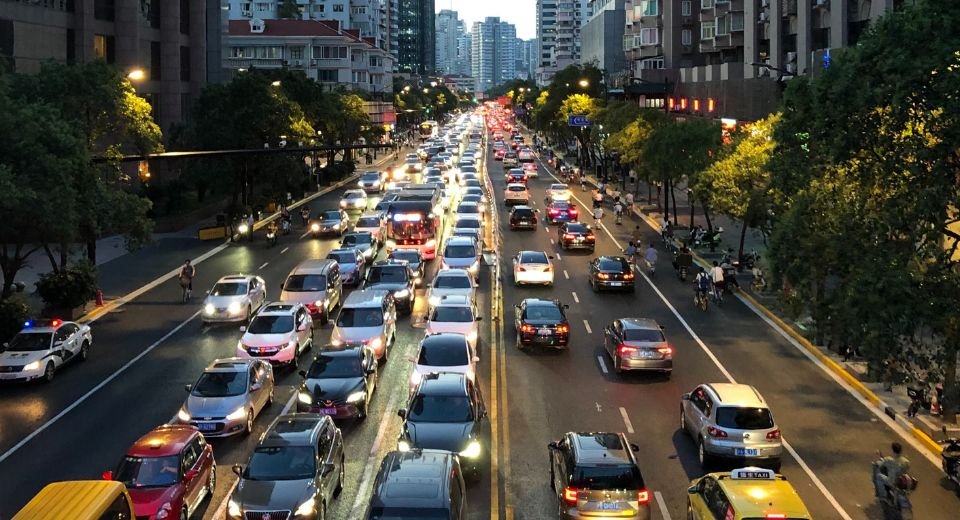HQ Team
November 30, 2023: Rush hour traffic is an everyday reality for most city dwellers. Adding to the frustration of being stuck in polluted environments and fighting the anxiety of missing appointments, there is a new study that brings unwelcome news—traffic pollution may significantly impact blood pressure, akin to the long-term effects of smoking or excessive salt intake.
The study, published in the Annals of Internal Medicine, delves into the quantifiable effects of exposure to “traffic-related air pollution”, which includes gasses like carbon dioxide and particulate matter from brakes and tires. It underscores the need for heightened awareness regarding its potential health hazards.
Traffic Pollution and Blood Pressure
Contrary to viewing air pollution as a distant threat, recent research establishes a direct connection between exposure to traffic-related pollutants and elevated blood pressure. The study, conducted by Dr. Joel D. Kaufman and his team, reveals that the effects persist for an entire day after exposure, mirroring the impact of established cardiovascular risk factors.
Researchers conducted a mobile study during morning rush hour in Seattle, exploring how traffic-related pollution influences blood pressure. Equipping vehicles with standard and high-efficiency particulate air (HEPA) filters, the team found that exposure to unfiltered air, containing pollutants like carbon dioxide and particulate matter, resulted in a significant rise in blood pressure, underscoring the urgency of addressing this overlooked health risk.
The study included 16 participants between 22 and 45 years of age, with an average age of 30. Everyone was generally heart healthy with no chronic complaints. Participants underwent three separate drives for the experiment. Two drives were “unfiltered,” while the third drive was “filtered.” Each drive was separated by three weeks and the study was double-blind.
Silent Culprit
The study found that ultrafine particulate matter, an unregulated form of pollution associated with car traffic was the main culprit. Dr. Kaufman emphasizes the complex interference of traffic-related air pollution with the body’s blood pressure regulation systems, contributing to long-lasting effects that extend beyond immediate exposure.
Chronic Issues
Beyond the immediate impact on blood pressure, the study also found that its effect aligns with broader concerns about air pollution’s contribution to chronic health problems. Previous research by Dr. Robert D. Brook indicates that fine particulate pollution alone leads to millions of deaths worldwide annually, emphasizing the urgency of addressing traffic-related pollution as a critical global health issue.
As research continues to uncover the health risks associated with traffic pollution, public and policymakers need to prioritize interventions for cleaner air. There are economic and political aspects of the issue, but collective action as being debated at COP28 may help mitigate the situation.








